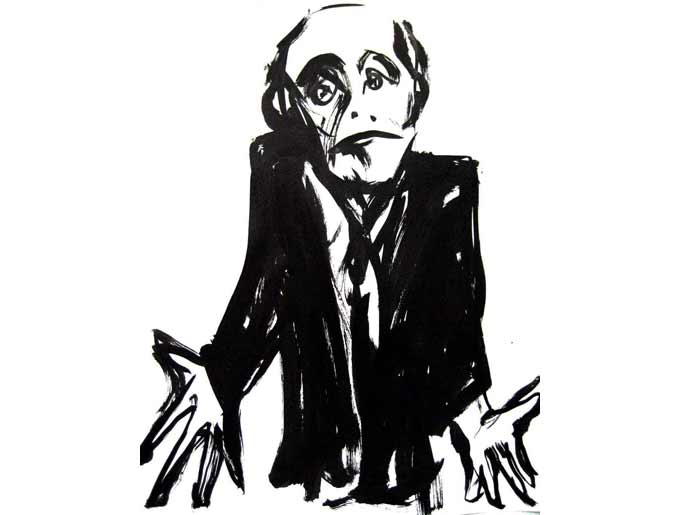
Rachel Mason, Rudy Giuliani, 2012.
In 1984, Ronald Reagan won the presidency of the United States in a landslide victory over Walter Mondale. My earliest political memory comes from this election: A girl in my kindergarten class announced, “My dad voted for Mondale!” Despite having no idea what it meant at the time, I remember thinking it sounded exciting.
Many years later, when I heard the name Mondale again, it sounded familiar, but I didn’t know why–which is often the case with presidential hopefuls from days gone by. Every four years, the presidential campaign becomes a national opera. Individual players take their places on the public stage and go through a series of mostly choreographed motions, including public speeches and debates. People like Sarah Palin and Al Gore become part of daily discourse, but when they lose, they seem to disappear.
In 2008, I went on the presidential campaign trail to make drawings to accompany a piece about John Edwards by Will Blythe for Playboy magazine. Although I accumulated hundreds of drawings of all the candidates, the piece was never published.
Watching the recent debates I was reminded of these drawings when I saw the gestures I had studied four years ago repeated by both Mitt Romney and Barack Obama. I wanted to revisit my drawings and figure out what happened to the candidates of recent yore.
Some ex-candidates are easy to find. Senior statesman John McCain is often in the news and is now serving his fifth term in the U.S. Senate, representing Arizona. Joseph Biden became Vice President of the United States. Hillary Rodham Clinton is seemingly everywhere in the world as she goes about her business as Secretary of State. And of course, Mitt Romney is the Republican Party nominee currently running against President Barack Obama.
Others prove more difficult to track. While many early contenders remain active in politics, they no longer play major national roles. In fact, it is hard to remember their names or what they do. For those who leave politics, there seem to exist only a few possible career paths—political commentator, lobbyist, businessman or member of an alphabet soup of political action and non-profit organizations.
Listed below are the “also-rans”—ghosts of the last presidential campaign.
—
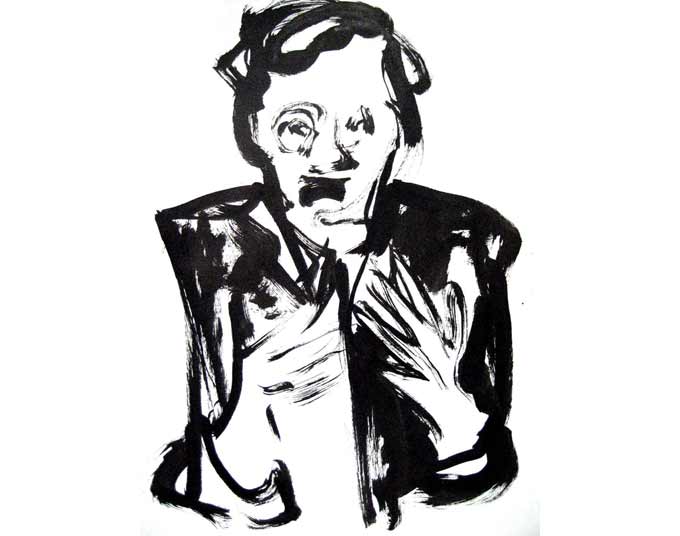
Evan Bayh (D) is a poster child for the post-political careers of choice. After choosing not to run for re-election to his U.S. Senate seat from Indiana last year, Bayh became a commentator for Fox News. He is also active in a Washington D.C. law firm and is on the Board of Directors of something called “Apollo Global Management.”
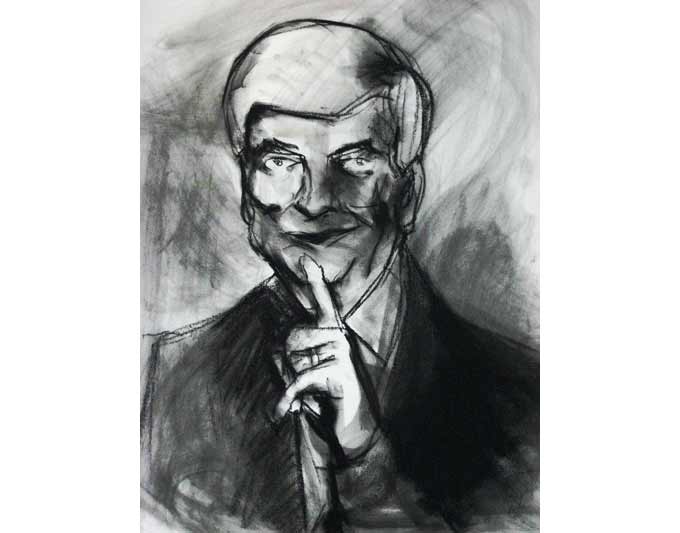
Christopher Dodd (D) retired from his Connecticut seat in the U.S. Senate in 2010 and is said to be earning $1.5 million annually as head of the Motion Picture Association of America.
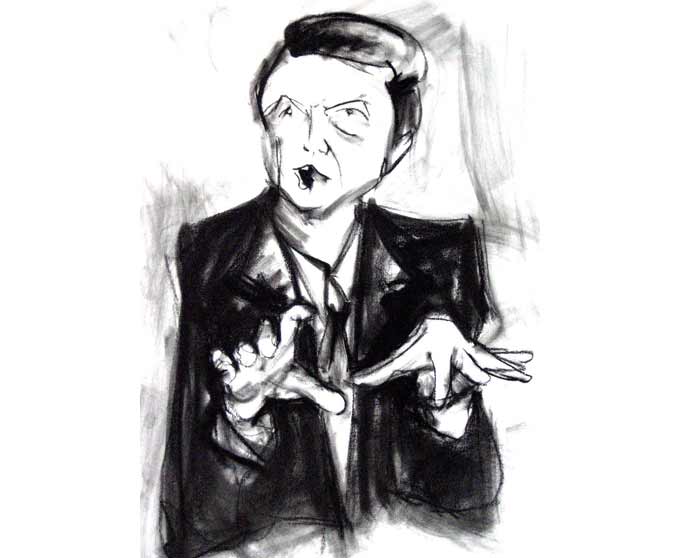
John Edwards (D) made headlines after he was indicted by a North Carolina grand jury on six felony charges. He was accused of violating multiple federal campaign contribution laws to cover up an extramarital affair he admitted to following his campaign. He was acquitted on May 31, 2012.
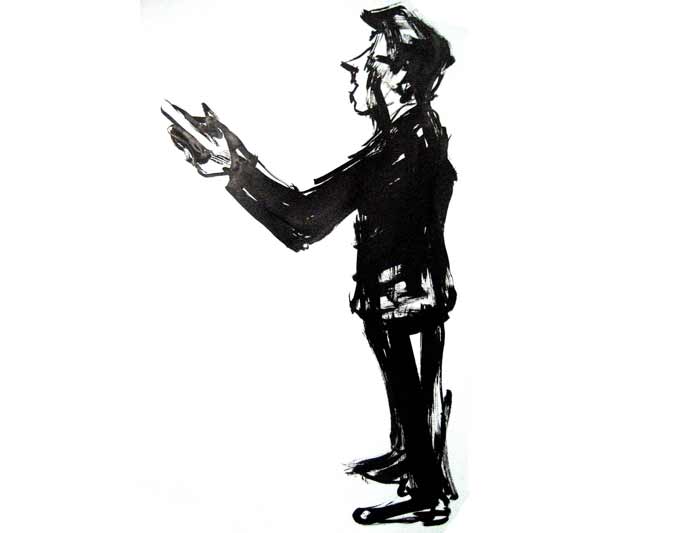
And what ever happened to the man who ran against Ronald Reagan? Walter Mondale went on to become the U.S. ambassador to Japan during the Clinton presidency, and later ran for a Senate seat after Minnesota Senator Paul Wellstone (D) died in a plane crash only 11 days before the 2002 congressional elections. When Mondale lost the race to be senator in his home state, the only one he had won in 1984, he earned the dubious distinction of being the sole major party politician to have lost statewide elections in all 50 states. Today, Mondale can be found in the same haunts as so many of his also-ran political aficionados: think tanks and political action groups.

